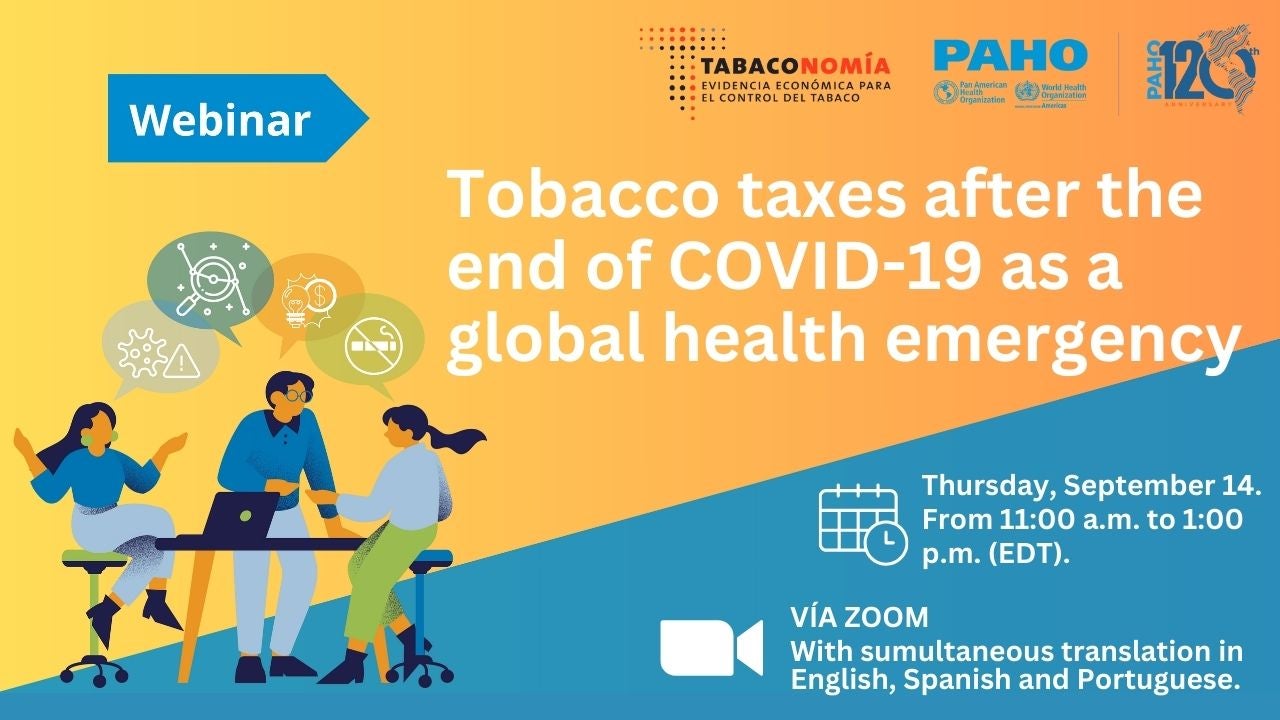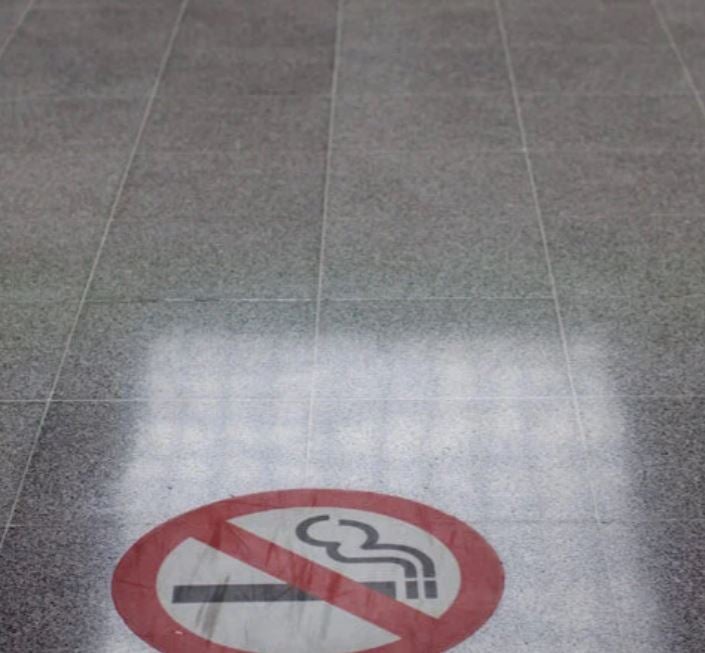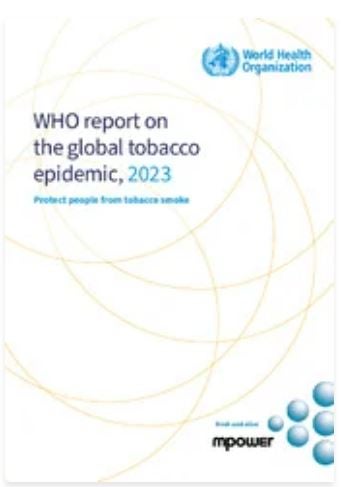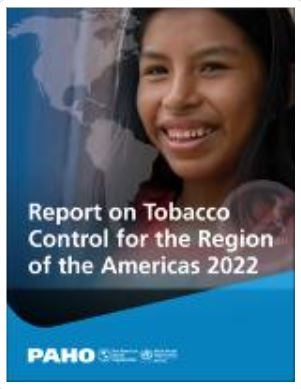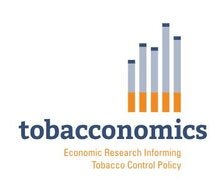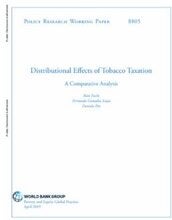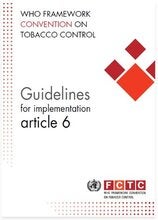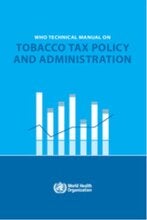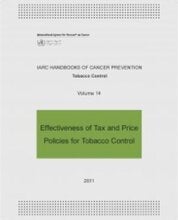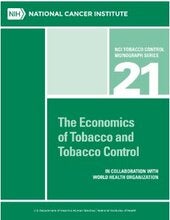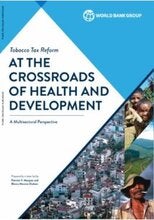Here you will find all the information and resources necessary regarding our webinar: Tobacco taxes after the end of COVID-19 as a global health emergency, that will be held on Thursday, September 14th at 11:00 a.m. (EDT). This lively exchange between experts on economics and health from governments, multi-laterals, and academia aims to foster a space for sharing evidence and experience, strengthening the position of stakeholders to further tobacco taxes in the Region.
THE WEBINAR RECORDING WILL BE AVAILABLE SOON HERE
About the webinar
The aim of this webinar is to share knowledge and experience through the exchange of reflections of different actors working on tobacco taxes across the Region, as to:
· Identify the challenges and opportunities to advance tobacco taxes following the end of the COVID-19 pandemic as a global health emergency context.
· Explore the relationship between inflation and tobacco taxes and recount the policy decisions taken in inflationary contexts in the region and the world.
· Present the scientific evidence on the role of tobacco taxes on socioeconomic inequality.
· Present the experience of countries in the region of the Americas, and their current debate on the role of health taxes, including tobacco taxes, in tax reforms.
Context
The tobacco epidemic continues to be one of the biggest threats to public health worldwide, causing more than 8 million preventable deaths per year, including both smokers and non-smokers exposed to tobacco smoke. During the COVID-19 emergency, the vulnerability of tobacco users to health complications became even more evident, with smokers having a much higher likelihood of having worse clinical outcomes than non-smokers.
The World Health Organization Framework Convention on Tobacco Control (WHO FCTC) was developed to combat the tobacco epidemic. Since its entry into force in 2005, it has facilitated significant progress in the Region. The WHO FCTC and its guidelines provide the foundation for countries to implement and manage tobacco control. In the Region of the Americas, 30/35 member states are party to the FCTC. The Region has made continuous progress in the implementation and enforcement of tobacco control measures, as tracked since 2008 by the WHO Report on the Global Tobacco Epidemic. However, there are still essential achievements pending. Despite being categorized as a “best buy” by the WHO, or amongst the most cost-effective and feasible interventions to apply, the measure related to raising taxes has advanced the least amongst all tobacco control measures since 2008, at the regional level*.
Tobacco taxes have the ability to increase tax revenue collection and reduce consumption (and related burdens) simultaneously. They have proven progressive distributional effects in the medium and long term. And they are on the political and legislative agendas of countries around the Region, amidst a wave of tax reforms. Indeed, the evidence overwhelmingly points towards tobacco taxes being an important policy tool to reduce tobacco consumption and improve population health. In the context of recovering global economies and inflationary environments post the global health emergency of COVID-19, now, more than ever, working towards protecting gains and advancing progress in tobacco taxation in the Region, is critical.
*as measured by the WHO Report on the Global Tobacco Epidemic.
Agenda
|
Time |
Activity |
|
11:00 – 11:20 |
Welcome Webinar overview: Guillermo Paraje, Adolfo Ibáñez University. Regional Context – Advances in tobacco taxes according to the WHO Report on the Global Tobacco Epidemic, 2023: Rosa Sandoval, Pan American Health Organization/World Health Organization. |
|
11:25 – 11:50 |
Presentation: Inflation and tobacco taxes, do health taxes have an effect on inflation? Ceren Ozer and Chris Lane, World Bank. |
|
11:55 – 12:20 |
Inequity, Are tobacco taxes regressive? Alan Fuchs, World Bank. |
|
12:25 – 12:50 |
International Panel: Tax reforms and tobacco taxes Moderator: Guillermo Paraje, Adolfo Ibáñez University. |
|
- Camila Silva Olivares, Ministry of Health Chile - Carolina Giraldo Botero, Congresswoman Colombia. - Ana Paula Teixeira, National Cancer Institute of the Brazilian Ministry of Health. - Mariona Masmontserrat, OECD. - Jeff Drope, University of Illinois at Chicago. |
|
|
12:55 – 13:00 |
Final Remarks: Jo Birckmayer, Bloomberg Initiative to Reduce Tobacco Use. Closure: Rosa Sandoval, Pan American Health Organization/World Health Organization. |

